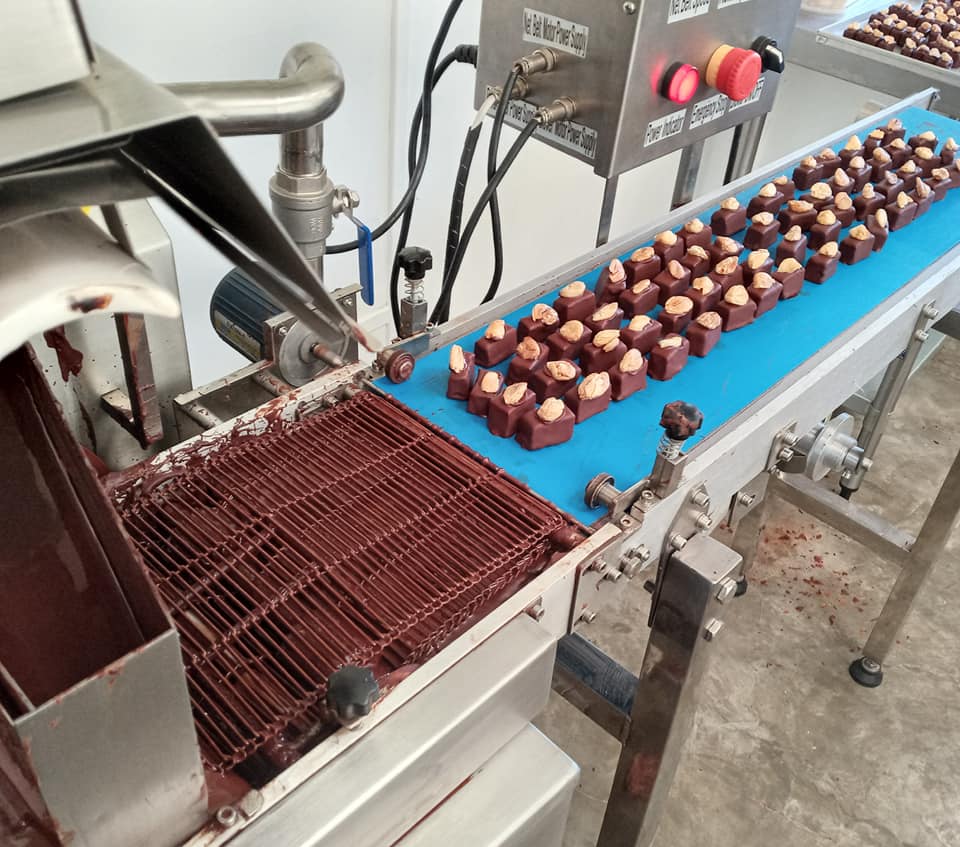By Samantha Magick
Vanuatu chocolate maker, Aelan hopes to launch a regional chocolate and cacao competition this year as a way of promoting high-quality chocolate from across the Pacific Islands region.
“We're quite tiny compared to big cocoa producers” says Aelan Chocolate Makers director, Sandrine Wallez.
They may be small, but they’re respected. Aelan’s recent international accolades include five gold, and two silver medals at the Japan Food Awards this month. The recognition comes on the heels of its high ranking at the first 'Chocolates elaborated at Origin . . .
Please Subscribe to view full content...
